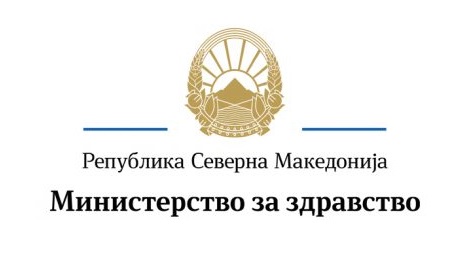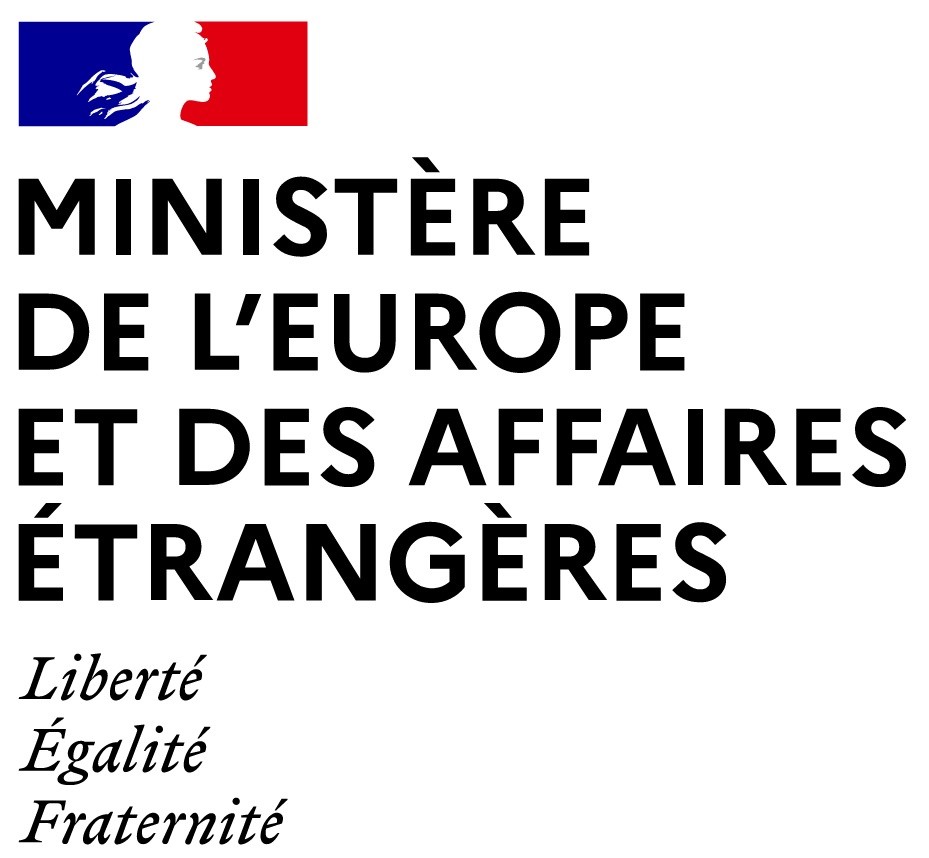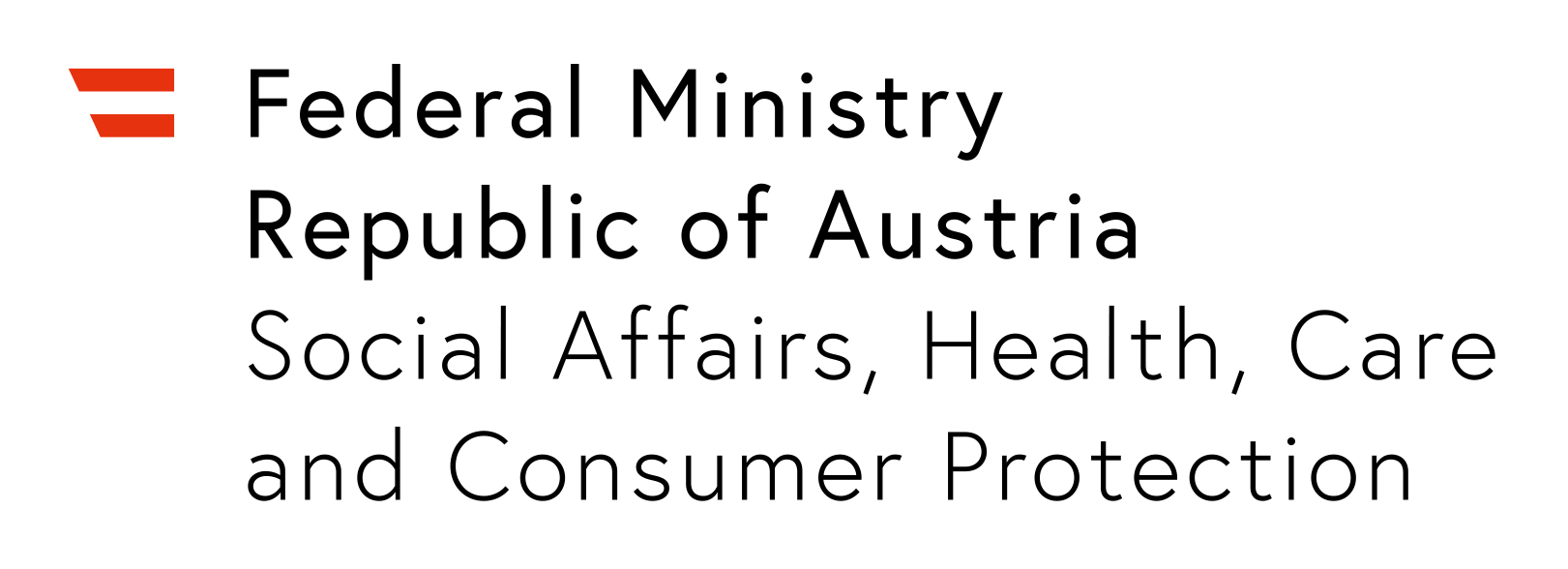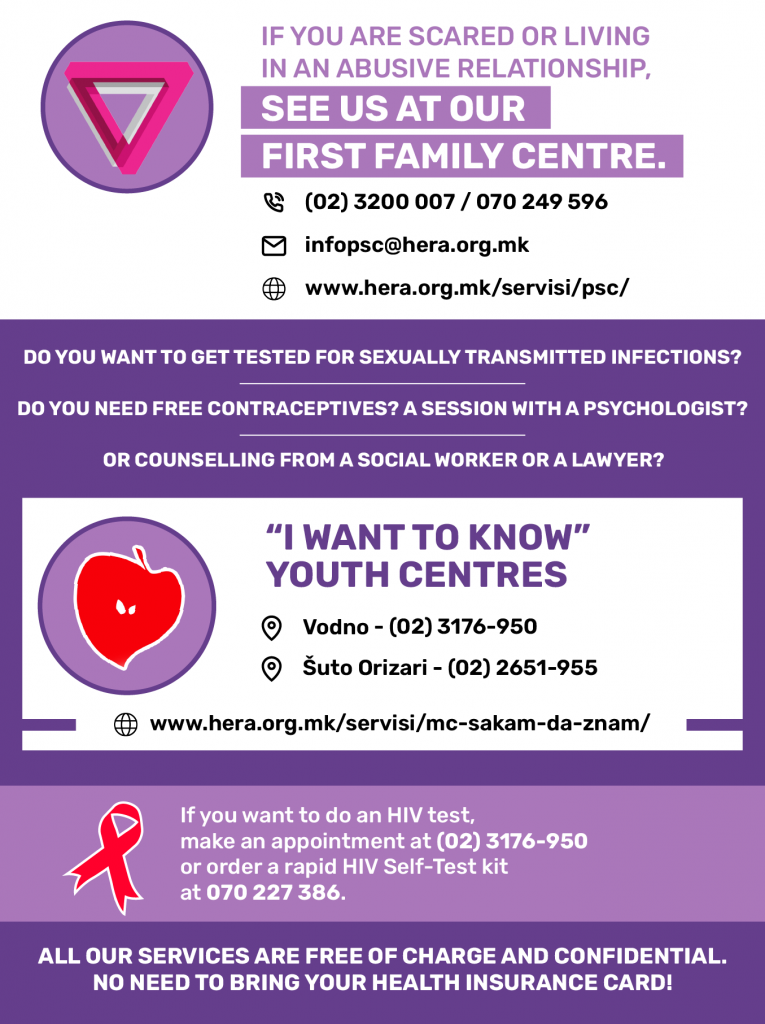ROMA WOMEN’S HEALTH
For the right to health to be enjoyed, healthcare services must be accessible, available and of good quality for everybody. The same counts for sexual and reproductive health, and “everybody” includes the socially vulnerable and marginalised women, too. However, in practice, there is lack of general gynaecologists across the country as well as uneven geographic distribution of the employed general gynaecologists across the country, the free preventive examinations for pregnant women are used very little, and the health of Roma women has worsened also because of the illegal charging for general gynaecologists’ services, which are otherwise free of charge. In the heart of things, like some sort of weed, lies the discrimination.
This is why ever since 2005 we have been providing free and confidential services for sexual and reproductive health through our “I Want To Know” Youth Centre in Šuto Orizari.
In 2012 we launched the legal empowerment programme for Roma women in Šuto Orizari in order to enable or facilitate their enjoyment of social and health rights through the services provided by a legal advisor and paralegals (i.e. properly trained persons from the community). In 2013 we launched the community monitoring initiative where Šuto Orizari Roma women made a first-hand monitoring of the availability and the quality of reproductive health services in the community and they raised the awareness of the local population about reproductive rights. Today, Roma women’s legal empowerment, community monitoring and activism for change, and reproductive health promotion have become a recognition mark of the Šuto Orizari Women’s Initiative.
Through the informal Anti-Discrimination Network, we engage in advocating the discrimination cases involving (also) Roma (women) and we have become a part of the anti-discrimination policy-making processes.
Read more about:
- Brochure on healthy pregnancy
- Community Scorecard 2020
- Community Scorecard 2019
- Newsletter of the Šuto Orizari Women’s Initiative
- Brochure – Your social rights are in force during the pandemic, too
- Brochure – Important information during COVID-19
- Notice – UN: The state should compensate the Roma women who were denied choosing their general gynaecologist
ROMA AND THE HEALTHCARE WORKERS
Stereotypes and the communication gap between healthcare workers and the Roma in practice can mean one thing only: inaccessible and/or poor healthcare services for the Roma. Thanks to our field work we have come to realise that the reasons lie in the insufficient knowledge of some of the healthcare workers about the Roma customs, traditions and culture; as well as of part of the Roma community about the rules of conduct in health facilities. So, we decided to create new stories from the outpatient clinic.
Our forum theatre performances in Skopje, Kumanovo, Delčevo, Sveti Nikole and Bitola have narrated the stories from the waiting room and have encouraged both sides to “try on the shoes of the other” so that they can demolish the wall separating them more easily. As of 2017, together with the Family Medicine Centre, we’ve been developing the communication skills of doctors in accredited trainings – good practices have proven to us that new stories are possible.
Read more about:




















